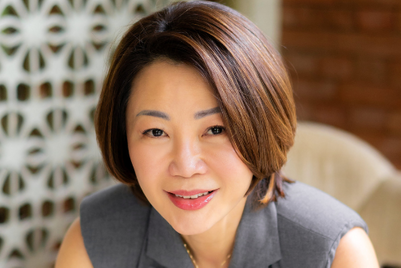
My grandmother makes the best chocolate chip cookies I’ve ever tasted.
Years ago, when I asked her for the recipe, she said there isn’t one. She told me all of the ingredients, but if I don’t know how much of each to use, they’re not going to taste the same.
What I unwittingly asked her for were measurements.
Measurements provide two key things. The first is repeatability. If you know how much of each ingredient to include, you’ll be able to replicate what someone else has done. This is key to science—for example when one scientist attempts to replicate an experiment performed by another scientist.
The other is accountability. If I put in too much flour or not enough butter, my cookies can be bad. As humans, we appear to be innately afraid of accountability. If there’s accountability, there’s the chance we could fail. And we tend to hate failure.
What we often overlook is that, without accountability, we also can’t succeed. If there’s no standard, we just do whatever we do and the result is what it is.
If the players of a football game haven’t agreed before the game that the winner will be determined by points scored, there’s no good way to declare a winner. If our team lost on points scored, we might just decide to choose the winner based on the number of sacks. And, since we decided that because we saw we had the most sacks, we win.
Except, did we? If that’s how every game goes, is there ever a chance of us losing?
I see many marketers decide how to determine success after the campaign is over. Or, even worse, they change the success metric at the end of the campaign when they see that they didn’t win on the metric chosen before the campaign.
Just like no team wins every game, brands aren’t going to be successful in every campaign. In one of my favourite Star Trek quotes, Captain Picard says, “It’s possible to commit no mistakes and still lose. That is not a weakness. That is life.”
If you’ve never run a failed campaign, are you sure you’re holding yourself to the right standard? While we don’t hope for failure, we know it’s inevitable.
More importantly, as a CMO, if your team has never run a failed campaign, are you sure you’ve fostered an environment where they know failure isn’t the end of their career? If your team is paralysed by fear, they won’t take risks. No risk, no reward. Innovation stops and safety becomes the priority.
While there should be limits to the amount of risk taken, the market dictates that we only get paid for taking on risk.
An organisation cannot succeed without healthy accountability, and we need an unbiased way to determine whether we’ve succeeded or not. Approach “failure” with humility so you can learn from it and improve. You’re absorbing the cost of failure anyway, so apply that cost to education.
Eventually, you might even make better cookies than my grandma.
Mike Ruff is the director of analytics and technology at Media+



.jpg&h=334&w=500&q=100&v=20250320&c=1)


.jpg&h=334&w=500&q=100&v=20250320&c=1)




+(900+x+600+px)+(3).png&h=334&w=500&q=100&v=20250320&c=1)

+(6).jpg&h=268&w=401&q=100&v=20250320&c=1)


.png&h=268&w=401&q=100&v=20250320&c=1)
.jpg&h=268&w=401&q=100&v=20250320&c=1)
